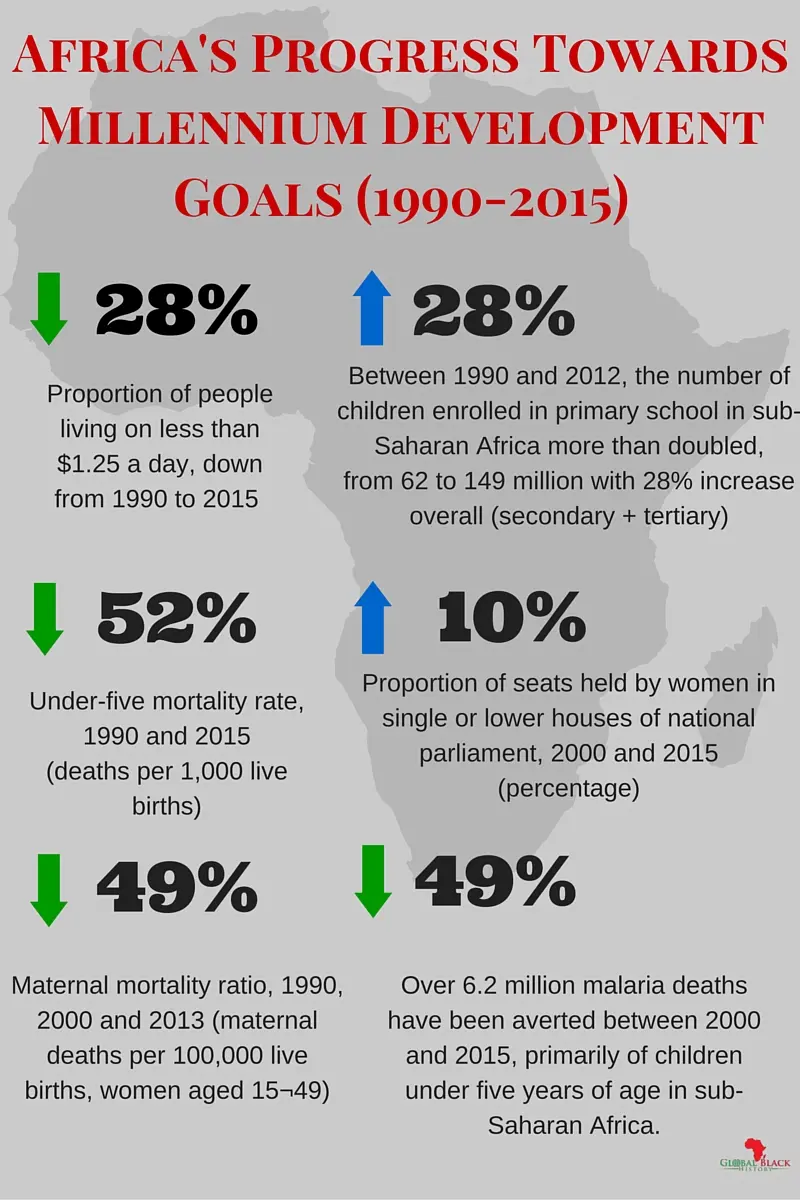The Path to Progress: Development in Developing African Countries
- muyves

- Sep 30, 2024
- 4 min read
Umuhuza Mugisha, Jadetimes Staff
Mugisha is a jadetimes news reporter covering africa region

The Path to Progress: Development in Developing African Countries
The development of developing countries is a multifaceted challenge that encompasses economic growth, social progress, and environmental sustainability. For these nations, the journey from poverty and underdevelopment to prosperity is complex and often hindered by a range of obstacles, including limited resources, political instability, and social inequality. However, with strategic planning, international cooperation, and the empowerment of local communities, developing countries can achieve significant progress and improve the lives of their citizens.
1. Economic Development
Economic development is often seen as the cornerstone of progress for developing countries. It involves the expansion of income levels, employment opportunities, and industrial capacity, all of which contribute to improving living standards. A strong economy is vital for reducing poverty, enhancing education, and providing better healthcare.
For many developing countries, the path to economic development begins with investment in key sectors such as agriculture, manufacturing, and services. Agriculture, for example, remains the backbone of many economies in the Global South, providing employment and food security for millions of people. Enhancing agricultural productivity through modern techniques, infrastructure improvements, and access to markets can significantly boost economic growth.
In addition to agriculture, the development of industries and services is crucial for diversifying economies and creating jobs. Many developing countries are focusing on building a more robust industrial base by attracting foreign direct investment (FDI), promoting small and medium-sized enterprises (SMEs), and fostering innovation and technology transfer. By creating a favorable business environment with clear regulations and incentives, these countries can attract the investment needed to drive economic growth.
2. Social Development
Social development is integral to the overall progress of developing countries. It involves improving the well-being of citizens through better education, healthcare, and social services, as well as promoting equality and social justice. Education, in particular, is a powerful tool for social development, as it equips individuals with the skills and knowledge needed to participate in the economy and society.
Investing in education systems, from primary to tertiary levels, is essential for developing countries. This includes not only increasing access to education but also improving the quality of teaching and learning outcomes. In many developing countries, there is a need for educational reforms that align curricula with the needs of the modern economy, particularly in areas like science, technology, engineering, and mathematics (STEM).
Healthcare is another critical component of social development. Access to quality healthcare services is fundamental to ensuring a healthy population, which in turn supports economic productivity. Developing countries often face challenges in providing adequate healthcare due to limited resources, infrastructure, and trained personnel. However, by prioritizing healthcare spending, improving healthcare infrastructure, and expanding access to essential services, these nations can make significant strides in improving public health.
3. Environmental Sustainability
Sustainable development is a growing priority for developing countries, as they must balance economic growth with the need to protect their natural resources and environment. Environmental degradation, including deforestation, pollution, and loss of biodiversity, poses significant risks to long-term development. Therefore, integrating environmental sustainability into development strategies is essential for the future well-being of these nations.
Many developing countries are adopting sustainable practices in agriculture, industry, and urban planning. For example, promoting sustainable agriculture practices, such as agroforestry and organic farming, can help preserve soil health, reduce emissions, and protect biodiversity. Similarly, investments in renewable energy, such as solar and wind power, can reduce dependence on fossil fuels and contribute to mitigating climate change.
Moreover, international cooperation is crucial for supporting environmental sustainability in developing countries. Initiatives like the Paris Agreement on climate change and the United Nations’ Sustainable Development Goals (SDGs) provide frameworks for global action and funding to help developing countries transition to greener economies.
4. Political Stability and Governance
Good governance and political stability are fundamental to the development of any country. Developing countries often struggle with issues such as corruption, weak institutions, and political instability, which can undermine development efforts. Strengthening governance systems, ensuring the rule of law, and promoting transparency and accountability are essential for creating a stable environment that fosters development.
Political stability attracts investment, both domestic and foreign, and provides the necessary conditions for economic and social development. Additionally, inclusive governance that involves all segments of society, including marginalized groups, ensures that development benefits are distributed equitably, reducing the risk of social unrest and conflict.
5. International Cooperation and Aid
International cooperation and foreign aid play significant roles in supporting the development of developing countries. Aid can provide critical funding for infrastructure projects, education, healthcare, and other essential services. However, it is important that aid is aligned with the development priorities of recipient countries and is used effectively to create sustainable outcomes.
Beyond financial aid, international cooperation can also involve knowledge sharing, technology transfer, and capacity building. Partnerships with international organizations, NGOs, and private sector entities can help developing countries access the expertise and resources needed to achieve their development goals.
6. Conclusion
The development of developing countries is a complex and ongoing process that requires a comprehensive approach, addressing economic, social, environmental, and political dimensions. While challenges remain, there is also significant potential for progress. By investing in key sectors, promoting social welfare, ensuring environmental sustainability, and strengthening governance, developing countries can pave the way for a brighter future for their citizens. International support and cooperation, coupled with local empowerment and innovation, will be crucial in achieving these development goals.










































Comentarios